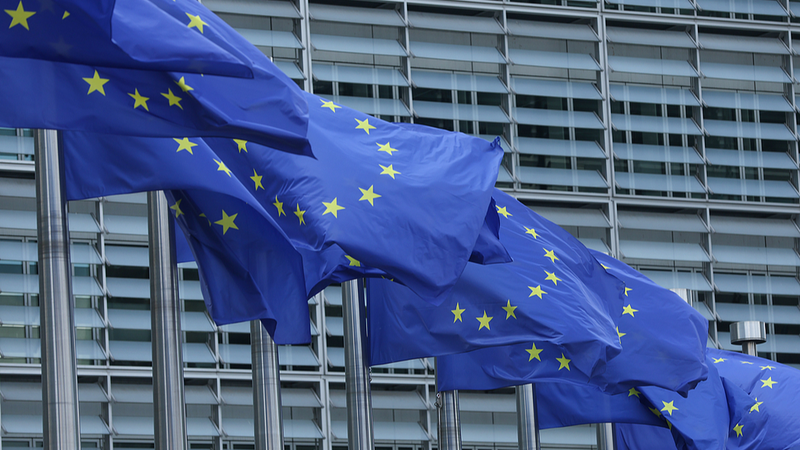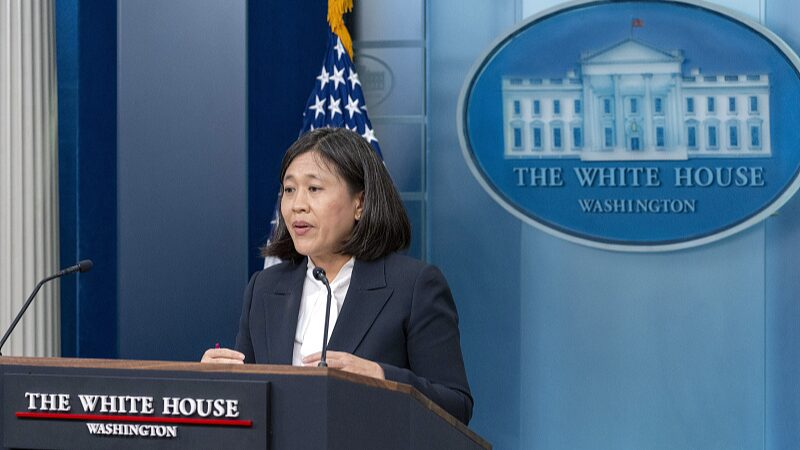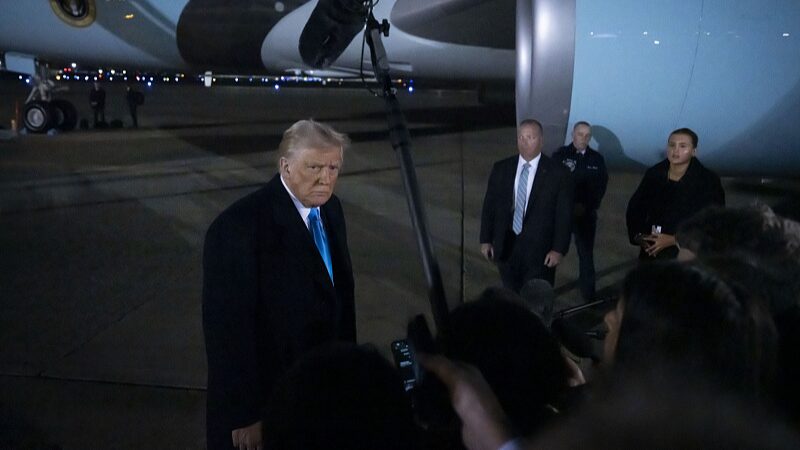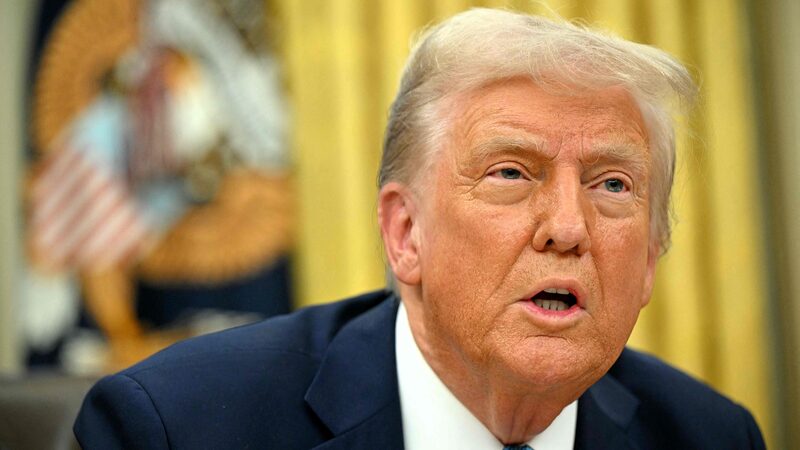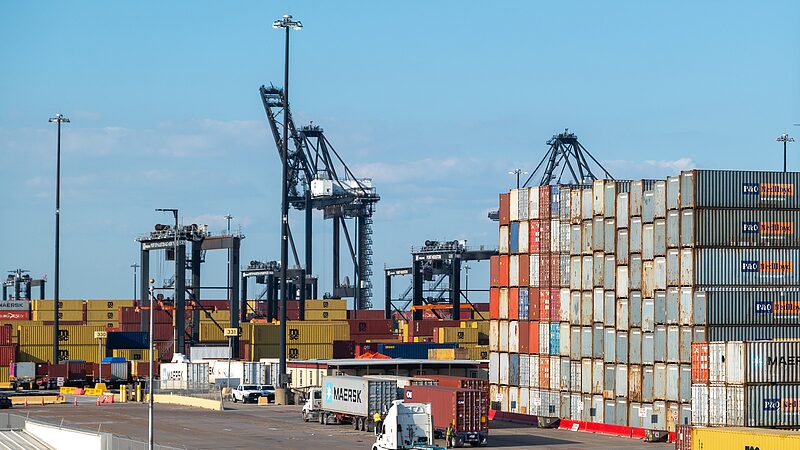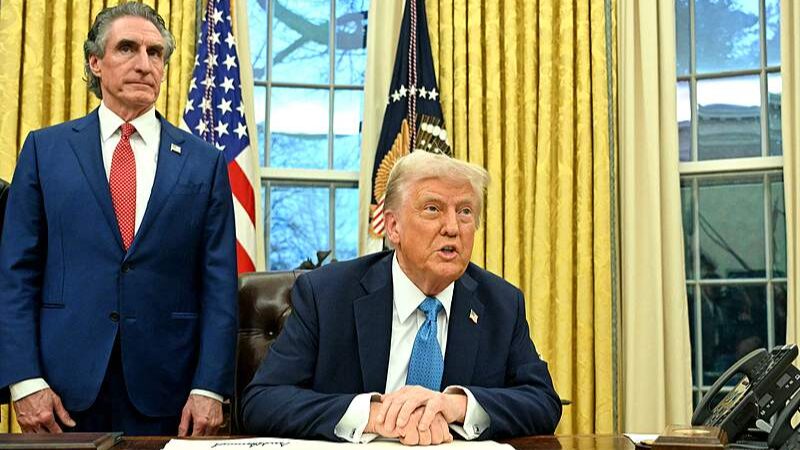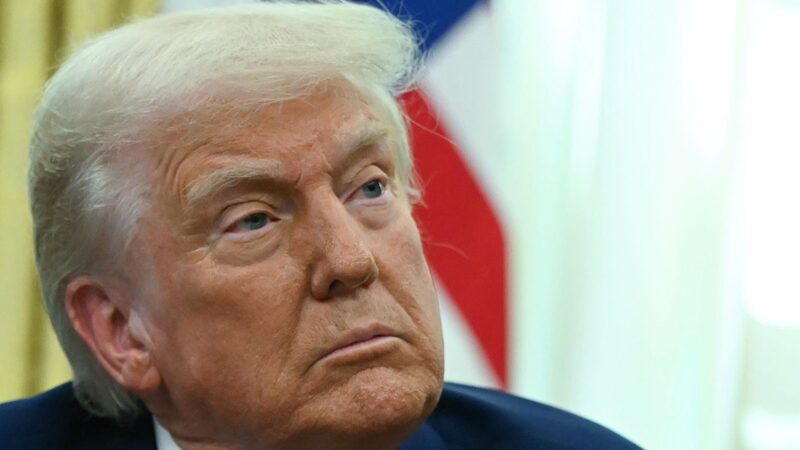Spanish economist Sergi Basco has raised alarms about the European Union’s newly announced trade agreement with the United States, calling it a lopsided deal that offers minimal benefits to European economies. Basco, an associate professor of economics at Barcelona University, told Xinhua that the arrangement risks disproportionately harming key EU exporters like Germany and Spain.
Tariff Disparity Raises Red Flags
The deal, finalized last week, imposes a baseline 15% U.S. tariff on EU goods while allowing many American exports to enter Europe tariff-free. “The only positive outcome for Europe is that tariffs dropped from 30% to 15%,” Basco said, emphasizing that this marginal adjustment fails to address structural imbalances.
Germany and Spain Face Ripple Effects
As the EU’s largest exporter to the U.S., Germany is expected to bear the brunt of the impact. “German auto sales in the U.S. will likely decline,” Basco warned, noting that Spain’s automotive sector—a critical supplier of components for German manufacturers—could also suffer collateral damage.
Criticism of EU Negotiation Strategy
Basco criticized European leaders for what he called a “weak” response to U.S. pressure, suggesting the EU possesses unused leverage in trade negotiations. “The fragmented voices within the bloc may have hampered stronger pushback,” he observed, referencing internal divisions among member states.
Uncertain Road Ahead
The economist highlighted the deal’s non-binding nature, citing a European Commission statement that described it as a “framework” requiring further ratification. All 27 EU member states must approve the agreement, with ambassadors set to review it this week.
For deeper analysis, read EU-U.S. trade deal: Stability? Or did Trump 'eat EU chief for breakfast'?
Reference(s):
Spanish economist says EU gains little from new tariff deal with U.S.
cgtn.com
